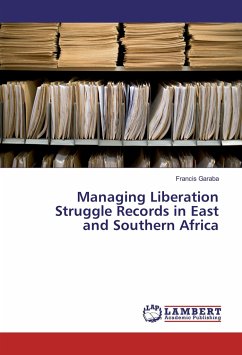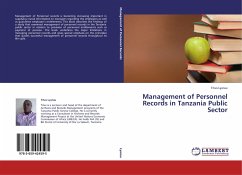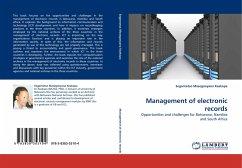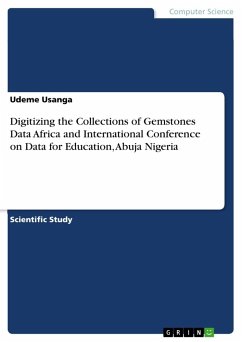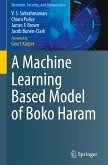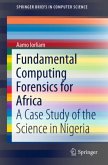This book is about reflecting dispassionately on the documentation of liberation struggle records and how these are presently being managed.Due to the nature and secrecy of the war, few records could have been created during this struggle for emancipation. It is therefore incumbent for archivists within the ESARBICA region need to preserve the legacy of the liberation struggle that is contained in those few records that were created. In addition,these records have to be made available to the public for research, scholarship and general interest. They are a treasured national asset and curators of this documentation need to ensure that a continuum of care is provided to these records that signified an important epoch in the East and Southern Africa region. This genre of records constitutes one of the most valuable original source materials for historical research in the 20th century.
Bitte wählen Sie Ihr Anliegen aus.
Rechnungen
Retourenschein anfordern
Bestellstatus
Storno

